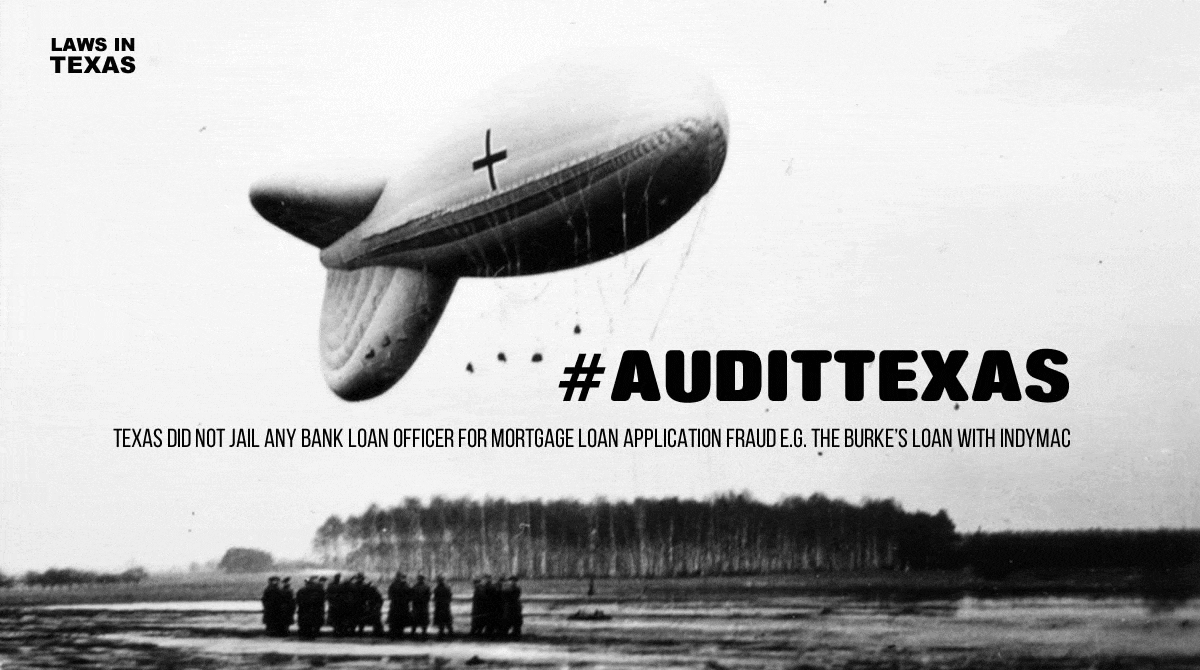UPDATED, Oct. 15, 2019
When developer Robert Shapiro pleaded guilty in August to leading a $1.3 billion real estate Ponzi scheme, he faced up to 25 years in prison.
On Tuesday, a federal court judge sentenced Shapiro to that maximum, closing the criminal chapter on what has been a two-year-long saga surrounding the massive fraud perpetrated by Shapiro’s now-defunct Sherman Oaks-based investment firm, Woodbridge Group of Companies.
In all, more than 7,000 property investors were defrauded over five years until Woodbridge went under in late 2017 amid a wide-reaching federal investigation into the scheme, the government said in a release announcing the sentencing.
The majority of the prison sentence — 20 years — is for defrauding those investors, and for committing wire and mail fraud. The 61-year-old was sentenced to an additional five years for failing to pay $6 million in taxes owed between 2000 and 2005.
To raise money for the fraud, Woodbridge Group promised investors — many of them elderly — that the cash would go toward building and buying luxury properties that would yield high returns. Instead, Shapiro and the company bought those properties themselves through a web of legal entities to obscure ownership.
Woodbridge bought hundreds of millions of dollars worth of properties and development sites in Los Angeles and across the country. It paid out investors using cash from new investors in a classic Ponzi scheme arrangement. Shapiro himself siphoned off between $25 million and $95 million to fuel his glitzy lifestyle, prosecutors said. The case against him took place in Miami, as did the sentencing.
Lavish lifestyle
At least 2,600 Woodbridge investors put their retirement savings into the firm, totaling $400 million, according prosecutors. Shapiro personally spent at least $3.1 million of that money on travel and charter planes, $6.7 million on a home and another $2.6 million on renovations, $1.8 million paying off personal income taxes, and $672,000 on vehicles., the government said.
Shapiro and his wife agreed to forfeit a massive trove of luxury items they purchased with misappropriated funds, including artworks by Picasso and other artists, a 603-bottle wine collection, and several pieces of diamond jewelry.
While the criminal case against Shapiro is over, independent managers are in charge of selling off the rest of Woodbridge’s assets to recoup money for defrauded investors.
Shapiro is also on the hook to pay the Security and Exchange Commission $120 million as part of a civil settlement with the agency.
Federal law enforcement continues to pursue claims against other Woodbridge executives. Investors have sued for compensation from at least one bank, Comerica Bank, that held Woodbridge accounts.

Department of Justice
U.S. Attorney’s Office
Southern District of Florida
FOR IMMEDIATE RELEASE
Thursday, August 8, 2019
Mastermind of $1.3 Billion Investment Fraud (Ponzi) Scheme – One of the Largest Ever Charged in South Florida – Pleads Guilty to Conspiracy and Tax Evasion Charges
On August 7, 2019, Sherman Oaks, California native, Robert Shapiro, 61, pled guilty to orchestrating and leading a massive investment fraud scheme, in which more than 7,000 victims suffered financial losses, as well as tax evasion, in violation of 18 U.S.C. § 1349 and 26 U.S.C. § 7201. Shapiro is the former owner, president, and CEO of Woodbridge Group of Companies LLC (“Woodbridge”). Shapiro is scheduled for sentencing on October 15, 2019, at 8:30 a.m. before United States District Judge Cecilia M. and for the benefit of his immediate family members. Shapiro spent millions on personal expenditures, such as $3.1 million for chartering private planes and travel, $6.7 million on a personal home, $2.6 million on home improvements, $1.8 million on personal Altonaga. He faces a possible maximum sentence of 25 years in prison.
(snip)
According to the indictment and court documents, Shapiro spearheaded and concealed an enormous Ponzi scheme through his business, Woodbridge. Woodbridge employed approximately 130 people and had offices located throughout the United States, including in Boca Raton, Florida; Sherman Oaks, California; Colorado; Tennessee; and Connecticut. The scheme ran from at least July 2012 to December 2017, when Woodbridge filed for Chapter 11 bankruptcy and defaulted on its obligations to investors.
Throughout the conspiracy, Woodbridge’s main business model was to solicit money from investors and, in exchange, issue investors promissory notes reflecting purported loans to Woodbridge that paid high monthly interest rates. Woodbridge falsely claimed that these investments were tied to real property owned by third parties and that the third parties would be making the interest payments to Woodbridge and its investors; it was portrayed as an investment in a hard-money lending business. Using high pressure sales tactics, Shapiro and his co-conspirators marketed and promoted these investments as low-risk, safe, simple, and conservative. And at minimum, investors were made to believe that Woodbridge’s real estate dealings would generate the funds used to pay the return on their investments.
Despite Woodbridge’s claims that these investments would be backed by properties owned by third-parties, in fact, to the extent that the properties existed, they were secretly owned by Shapiro. Unbeknownst to investors, Shapiro created and controlled a network of more than 270 limited liability companies, which he used to acquire and sell the properties pitched to investors.
Shapiro and his co-conspirators falsely claimed that Woodbridge was profitable and advertised high rates of return to investors. However, Shapiro’s real estate portfolio failed to generate sufficient cash flow to satisfy the loan obligations and interest payments owed to investors. To make up for the cash deficiency, Shapiro and his co-conspirators resorted to making Ponzi payments, i.e., hundreds of millions of dollars invested by new investors were used to pay “returns” to older, existing Woodbridge investors. In some instances, Shapiro made these fraudulent “interest” payments even when the advertised investment properties were never acquired.
The Woodbridge sales operation functioned as a “boiler room” and featured high-pressure sales tactics, deception, and manipulation. Woodbridge promoted investments through telephone and in-person conversations, emails and website displays. The scheme also involved misrepresentations to financial planners who helped Woodbridge to sell investments to potential investors.
At least five states issued cease and desist orders against one or more of the Woodbridge entities based on their unregistered sale of securities. Shapiro and his co-conspirators nonetheless continued to sell Woodbridge investments to residents of those states, and engaged in deceptive conduct with respect to pending state regulatory actions against Woodbridge, in violation of the cease and desist orders.
At some point in 2017, Shapiro made the decision that Woodbridge would file for bankruptcy. Without disclosing to investors that Woodbridge was insolvent and on the verge of bankruptcy, Shapiro caused Woodbridge to collect additional money from investors through the filing of Woodbridge’s bankruptcy in December 2017. Shapiro also admitted that, immediately prior to Woodbridge’s bankruptcy filing, he diverted millions of dollars in investor funds to several bank accounts opened in the name of his wife, J.S., which he used for new ventures.
In total, Shapiro and his co-conspirators convinced more than approximately 9,000 investors to invest more than $1.29 billion to Woodbridge. According to the Indictment, at least 2,600 of these investor victims invested their retirement savings, totaling approximately $400 million. Of that, Shapiro misappropriated approximately $25 million to $95 million in investor money for himself income taxes, and over $672,000 on luxury automobiles. Shapiro further admitted that he used bank accounts and credit cards opened in the name of his wife, J.S., to divert millions of dollars to his family.













